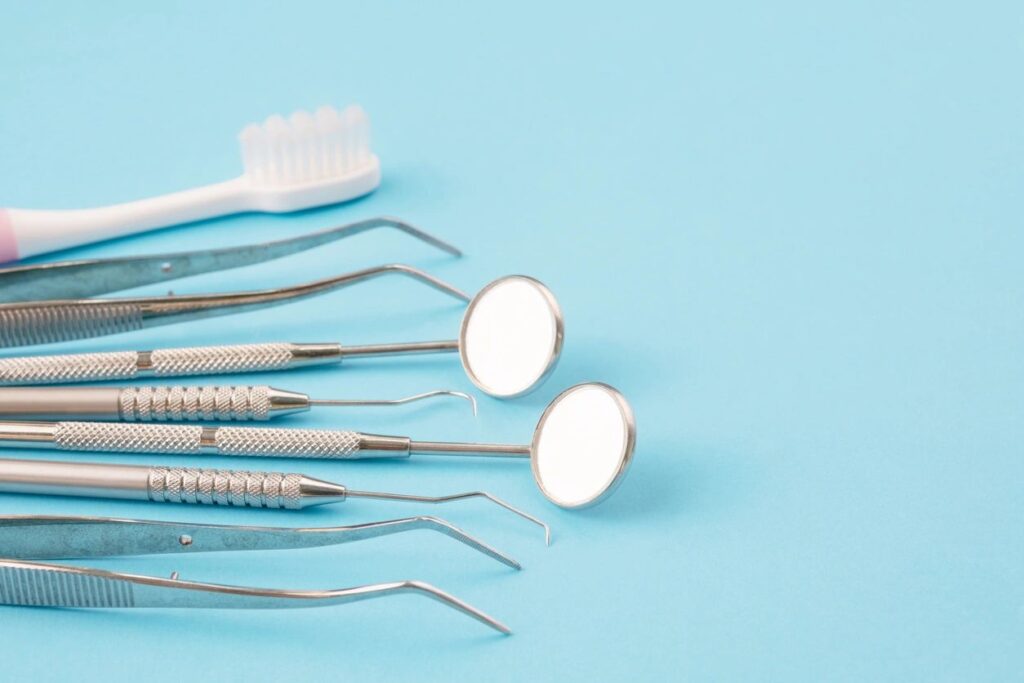Many people don’t see a need to visit the dentist often enough, believing that brushing and flossing are sufficient. However, regular dental visits can help to prevent more serious dental problems in the future.
Early detection allows the dentist to treat small cavities and other issues before they become bigger and more costly. It also helps to establish good habits in children from an early age.
Prevent Tooth Decay
Plaque is the white or yellow substance that forms tartar on teeth and is removed by a dental hygienist during a cleaning. This stops the foul breath and dental decay.
If dental decay is not addressed, it can result in serious issues like infection, nerve damage, and abscesses—holes in teeth. In addition to being painful, these require more expensive treatment.
Tooth decay in its early stages is reversible with saliva, improved diet, and oral hygiene. It can also be prevented with fluoride treatments and sealants – a thin plastic coating painted onto the back teeth (molars) grooves. These protect them from food particles and make it easier to brush and floss. A dental professional can help you find the right solution for your needs.
Prevent Gum Disease
Periodontitis and gingivitis are two conditions that might affect your gums if you don’t see the dentist regularly. These infections have the potential to cause diabetes and heart disease, among other illnesses. Your dentist can identify and address these problems before they worsen if you visit the office.
The buildup of tartar and plaque is the cause of gum disease. Numerous microorganisms found in these deposits have the potential to harm your general health by impairing your immune system.
Regularly seeing a Trusted Ottawa family dentist prevents gum disease and can help you overcome bad breath. It’s also a good idea to keep a supply of toothbrushes, toothpaste, floss, mouthwash, and other dental supplies at home so your family members can brush and floss as the dentist recommends.
Keep Your Teeth White and Bright
Even if you brush and floss regularly, some problems don’t show symptoms or are hard to notice until they’re advanced (like oral cancer). Dentists and dental hygienists can see red flags that might otherwise go unnoticed by patients. That way, they can catch and prevent or treat them before they worsen.
Also, regular teeth cleanings remove plaque and tartar build-up that you can’t get rid of with your toothbrush alone. That can keep gums healthy, reduce the risk of periodontitis, and prevent tooth decay. Plus, it can also make your smile white and bright.
Avoid More Expensive Procedures
Visiting the dentist every six months can help prevent dental emergencies that would otherwise be more expensive. For example, if a cavity goes untreated, it could become a root canal or even tooth loss – procedures that cost much more than two cleanings and a checkup.
During your exam, your dentist can spot problems that aren’t visible to the naked eye. This includes impacted teeth, jawbone damage, abscesses, cysts and tumors, and more.
Your dentist can also screen for oral cancer, which can be deadly if not treated early. Your dentist will have the experience and insight to recognize warning signs, allowing you to get treatment before it’s too late. This will save you money and pain in the long run.
Prevent Other Health Problems
Visiting the dentist helps to prevent health issues that can hurt your overall well-being. This includes things like chronic bad breath that results from certain behaviors like chewing garlic or smoking.
Regular visits allow the dentist to identify these destructive behaviors and recommend the appropriate preventive measures and treatment options. They can also help to prevent more serious oral health problems such as gum disease and impacted teeth, which may become severe if left untreated.
In addition to a full examination of your teeth, dental hygienists are trained to spot other issues that are not always visible or painful, such as damage to jawbones, impacted teeth, cysts or tumors, and abscesses. These are often more serious and costly to treat than if they were caught earlier.

